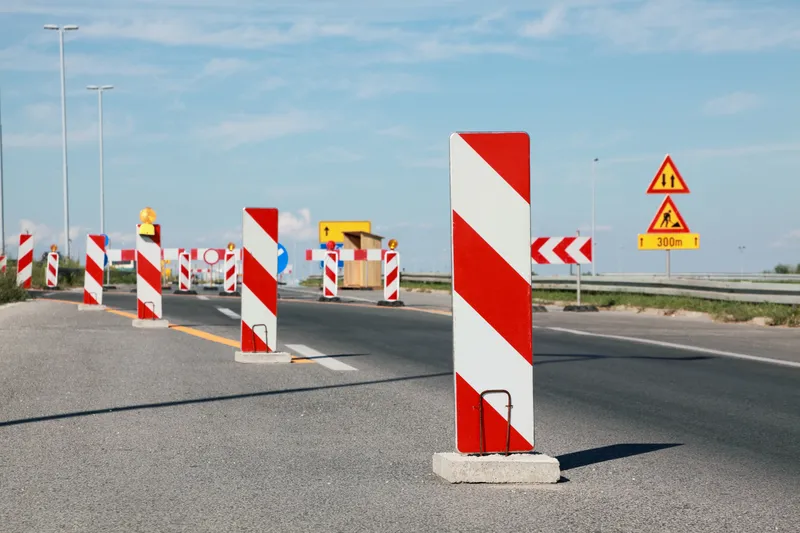Results from the first European Day Without A Road Death (Project EDWARD) on 21 September have been published by TISPOL (the European Traffic Police Network) and the European Commission.
Project EDWARD took place in 31 countries and more than 103,000 organisations and individuals signed a road safety pledge on the website of the European Traffic Police Network (TISPOL). More than 80 road safety actions were organised across Europe, including information and awareness-raising activities in schools and com
October 19, 2016
Read time: 2 mins
Results from the first European Day Without A Road Death (Project EDWARD) on 21 September have been published by 650 TISPOL (the European Traffic Police Network) and the European Commission.
Project EDWARD took place in 31 countries and more than 103,000 organisations and individuals signed a road safety pledge on the website of the European Traffic Police Network (TISPOL). More than 80 road safety actions were organised across Europe, including information and awareness-raising activities in schools and companies, workshops, conferences and competitions. In addition, the #ProjectEDWARD and #seatbeltselfie social media campaign reached more than 19 million people.
The summary of results indicates that on 21 September there were 43 road deaths across 31 countries, which compares with 70 fatalities on the same day in 2015 and represents a like-for-like reduction of almost 39 per cent.
Nineteen countries recorded zero fatalities on 21 September, compared with 11 countries in 2015. Eight of these countries had recorded at least one fatality on 21 September 2015.
Seven other countries recorded a reduction in fatalities, compared with the same day in 2015, while three countries recorded an increase in fatalities.
Commenting on the results, TISPOL president Paolo Cestra said: “When we launched Project EDWARD, we accepted that it would be incredibly difficult to achieve a day without road death across Europe. But we believe these results show that when everyone works together towards such a worthwhile goal, we can make a big difference.
“There is an ambitious European Commission target to reduce death on Europe’s roads by the year 2020. That target has in recent times seemed out of reach. But we believe that Project EDWARD has shown that, with the right commitment and motivation, we still have time to achieve it, and I urge everyone to work towards that goal.”
Project EDWARD took place in 31 countries and more than 103,000 organisations and individuals signed a road safety pledge on the website of the European Traffic Police Network (TISPOL). More than 80 road safety actions were organised across Europe, including information and awareness-raising activities in schools and companies, workshops, conferences and competitions. In addition, the #ProjectEDWARD and #seatbeltselfie social media campaign reached more than 19 million people.
The summary of results indicates that on 21 September there were 43 road deaths across 31 countries, which compares with 70 fatalities on the same day in 2015 and represents a like-for-like reduction of almost 39 per cent.
Nineteen countries recorded zero fatalities on 21 September, compared with 11 countries in 2015. Eight of these countries had recorded at least one fatality on 21 September 2015.
Seven other countries recorded a reduction in fatalities, compared with the same day in 2015, while three countries recorded an increase in fatalities.
Commenting on the results, TISPOL president Paolo Cestra said: “When we launched Project EDWARD, we accepted that it would be incredibly difficult to achieve a day without road death across Europe. But we believe these results show that when everyone works together towards such a worthwhile goal, we can make a big difference.
“There is an ambitious European Commission target to reduce death on Europe’s roads by the year 2020. That target has in recent times seemed out of reach. But we believe that Project EDWARD has shown that, with the right commitment and motivation, we still have time to achieve it, and I urge everyone to work towards that goal.”








